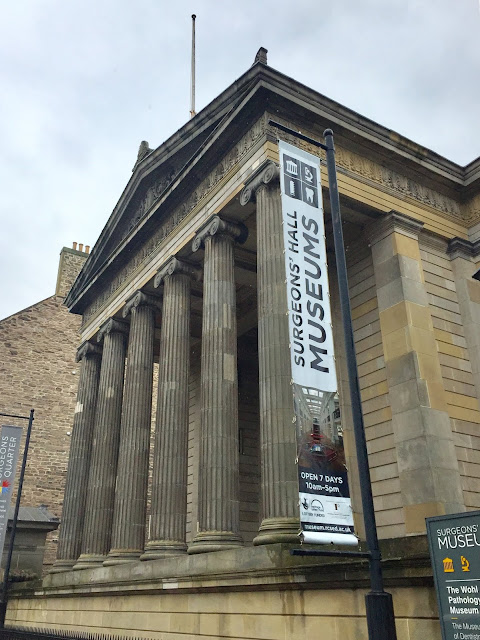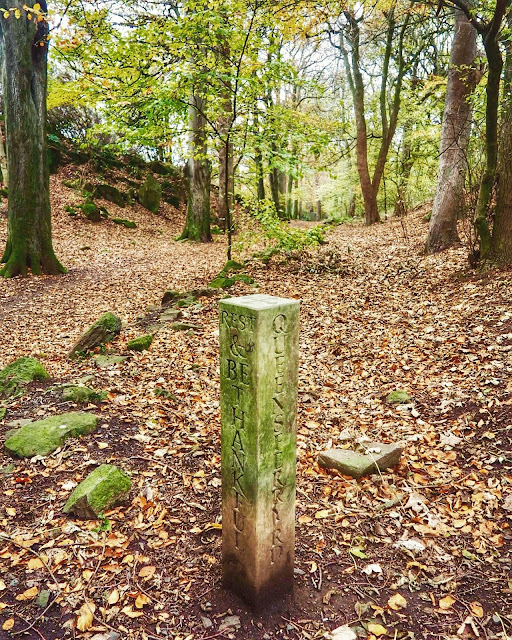
What Does ‘Volunteering Abroad’ Really Mean?
(Today’s post is a guest entry, from an aspiring writer, Astrid Halliday, who reached out to me recently, asking to contribute to my blog. As an aspiring writer myself, I’m always open to guest pitches (my contact details are here for anyone else interested!). This post is based on her experiences and opinions, not my own, but I was happy to publish it, since I regularly feature travel posts on here. Her author bio can be found below as well!)
If you’re looking to get more out of your next visit to a foreign country, volunteering is a great way to inject culture, language, and fun into any trip! From projects lasting a week, to long term projects lasting months, there is something for everyone!
 |
| (source) |
The more conventional ways of volunteering are teaching and building schools. However, as volunteering is increasing in popularity, the options for it are increasing too; animals, conservation, care, building, teaching… the list is endless! When I was searching, I even saw someone looking for help finding Bigfoot, and the Flat Earth Society looking for people to find the edge of the world. You could literally be doing anything!
The dictionary defines volunteering as performing an act willingly, without pay. However, the term means different things to different people. To some, they recognise it as an affordable way of travelling, while to others, it means a selfless act of giving back.
Volunteering abroad is usually accompanied by a price tag, whether in the form of flights or basic accommodation. By getting volunteers to cover these costs themselves, this helps the charity to keep doing their great work, along with providing support to the volunteers.
Long-term positions of more than a year may be free, and come with a stipend to help cover the cost of food. You’ll struggle to find an organisation that can cover the cost of flights to the project though, and this only happens when the volunteer is highly qualified, as charities simply don’t have the funds.
What to Expect
Finding a Project

Medical Museums | Edinburgh

A Fork in the Road
You May Also Like

What is Eco-Anxiety and How Do We Handle It?
25 March 2021